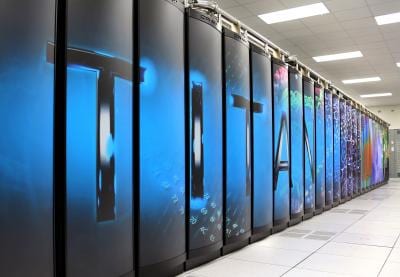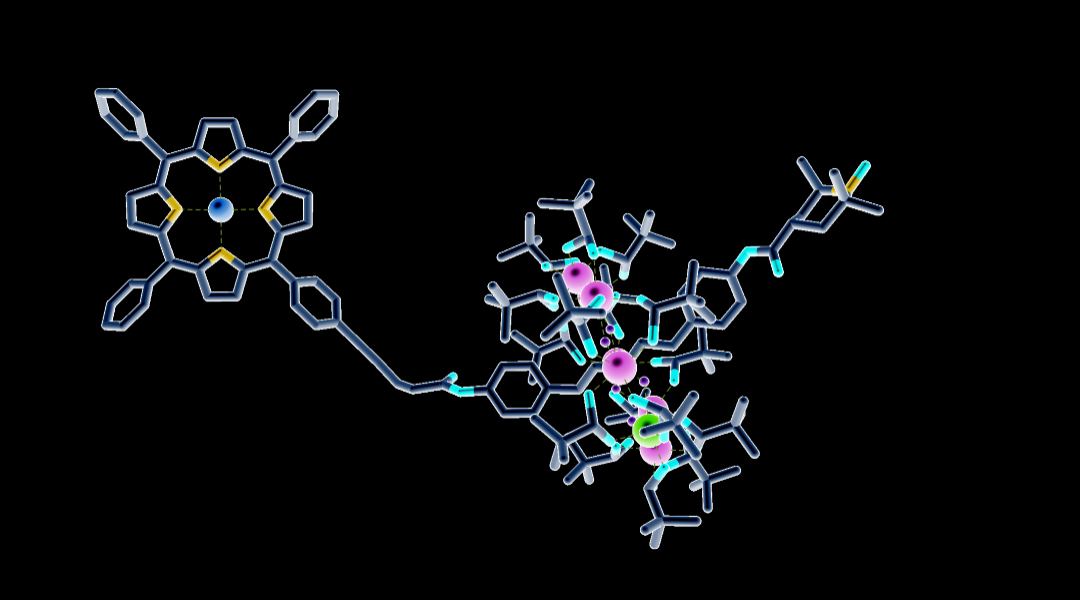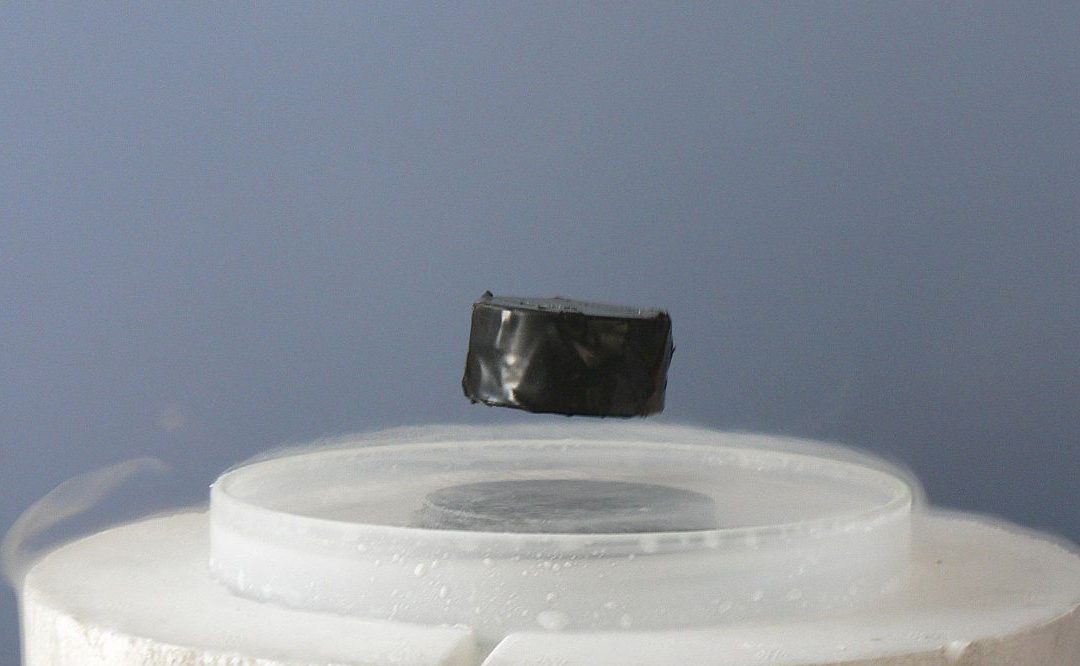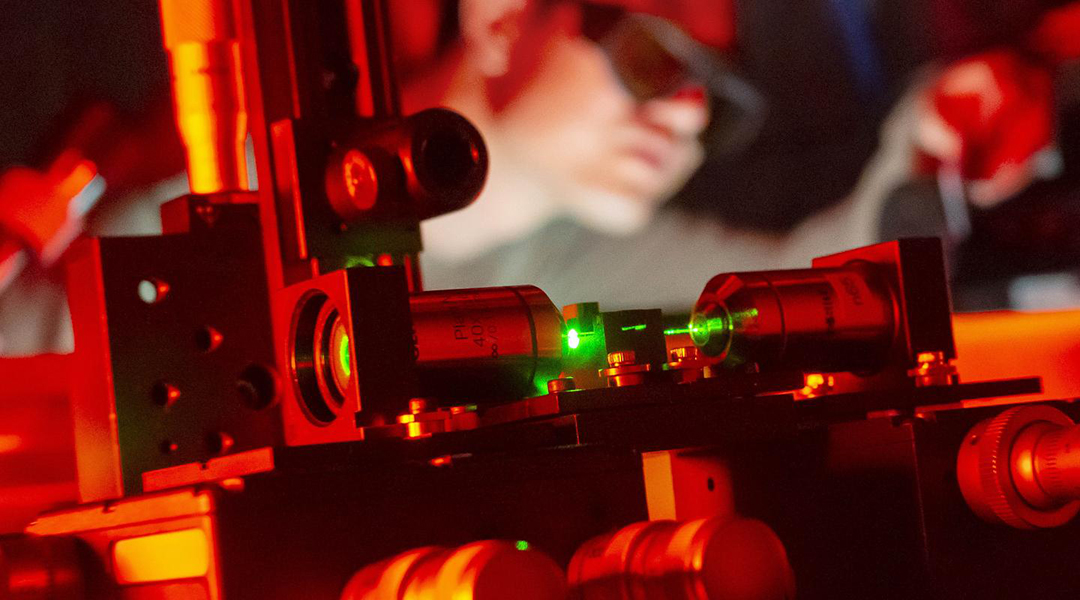Unexpected breakthrough could bolster quantum photonics and solar cell efficiency.

Ames Laboratory scientists granted time on world's fastest computer
Bruce Harmon, Kai-Ming Ho, and Cai-Zhuang Wang will identify promising compositions of new magnetic materials that do not contain rare earth elements.

Scientists hope a new take on superconductivity could spark more advances in the field
Understanding this unique form of superconductivity is crucial and could lead to exciting applications, like functional quantum computers.

Topological insulators could herald a new future for electronics
Promising candidates for efficient future electronics, researchers are exploring these exotic materials for better computer memory, hard drives, even quantum computers.

Three distinct molecular qubits in one supramolecule
A molecular complex was built to contain three distinct qubits, offering an intriguing architecture for future quantum computers.

A new mathematical description for entangled systems
The math of multi-particle entangled systems is fiendishly complex, but researchers have made a step forward.

An important step toward the theory of superconductivity
Understanding room temperature superconductivity one step closer thanks to researchers looking at the effects of pressure.

Making 3D nanosuperconductors with DNA
Complex 3D nanoscale architectures based on DNA self-assembly can conduct electricity without resistance and may provide a platform for fabricating quantum computing and sensing devices.

Nanomaterials for enhanced fiberoptic cables
New hybrid optical fibers contain 2D materials that enhance light-matter interactions and open doors for a range of new technological advancements.
What would a room temperature superconductor mean for the energy sector?
While superconductors are not considered an energy material, the energy savings arising from resistance-free transmission and distribution of electricity are potentially massive when considered on a global scale.










